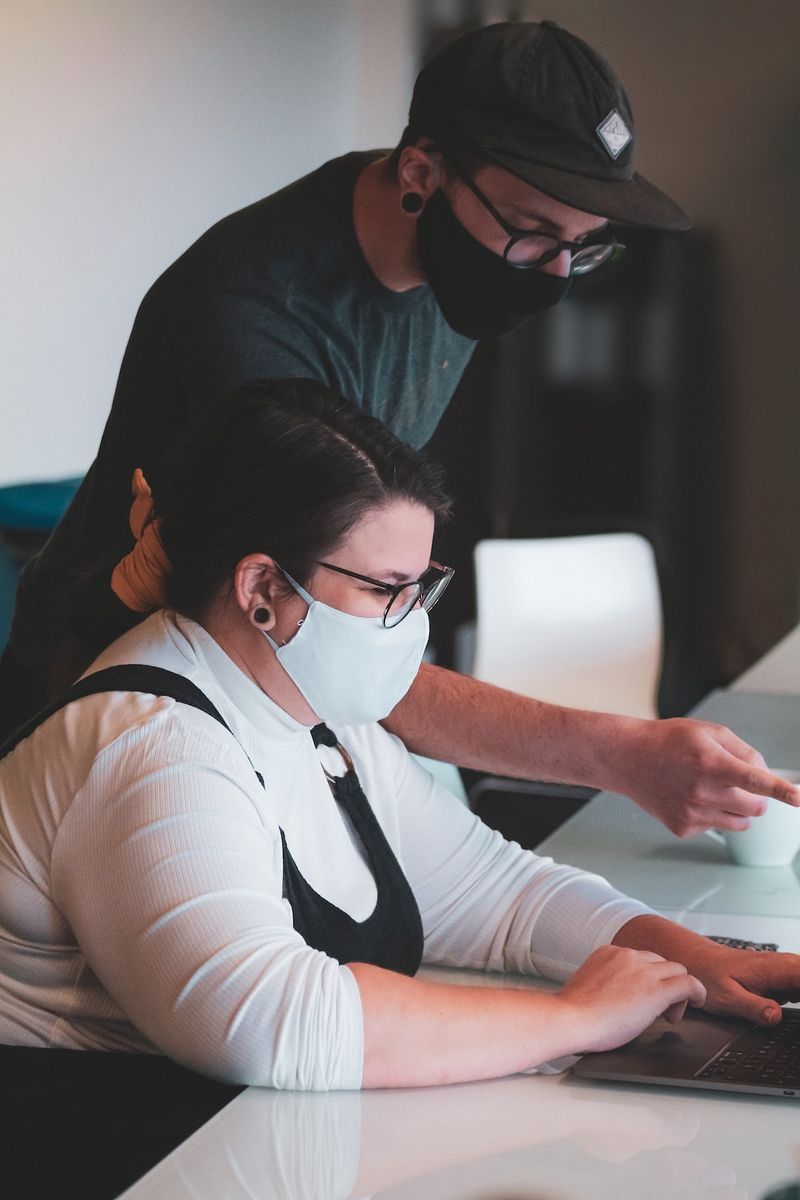Table of Contents
Spanish Investigation into NSO Group’s Pegasus Spyware Stalled by Lack of Cooperation from Israel
Impunity and the Misuse of Spyware Technology
Donncha Ó Cearbhaill, Head of the Security Lab at Amnesty Tech, has voiced concerns over the reported lack of cooperation from Israeli authorities in the Spanish investigation into the NSO Group’s Pegasus spyware. The investigation, which targeted the phones of Spain‘s Prime Minister and other ministers, highlights the impunity surrounding the misuse of spyware and cyber-surveillance technology. It raises questions about the adequacy of avenues for redress related to violations by the spyware industry, as demonstrated by Israel‘s failure to engage with Spain‘s highest criminal court.
The case reveals a flawed, laissez-faire approach to the international regulation of cyber-surveillance systems. It is clear that states, including the EU, should not allow companies to freely export potentially harmful technologies around the world and then absolve themselves of responsibility when these technologies are dangerously and illegally misused.
The Danger of Invasive Spyware
Ó Cearbhaill emphasizes that highly invasive spyware poses a real danger to the privacy and security of individuals. It has become the weapon of choice for governments seeking to silence journalists, attack activists, and crush dissent. The use of spyware puts countless lives at risk and violates fundamental human rights, including the right to privacy, freedom of expression, association, and peaceful assembly.
The Need for International Regulation
The case involving NSO Group’s Pegasus spyware highlights the urgent need for international regulation of cyber surveillance systems. While President Biden’s Executive Order restricting the US government’s use of commercial spyware technology was a step in the right direction, governments worldwide must go further. It is crucial to impose a ban on highly invasive spyware that cannot be limited in functionality and cannot be independently audited.
Editorial: Holding Spyware Companies Accountable
The lack of cooperation from Israel in the Spanish investigation into NSO Group’s Pegasus spyware is a disconcerting development. It raises questions about the commitment of the Israeli authorities to address the misuse of their technology and their willingness to hold those responsible accountable.
The global community cannot afford to ignore the dangers posed by invasive spyware. Spyware companies must be held accountable for the potential harm caused by their technologies. Governments have a responsibility to regulate and restrict the export of these technologies to prevent their abuse by repressive regimes.
Towards a Comprehensive Ban
The international community, including the European Union, should come together to establish comprehensive regulations prohibiting the export and use of highly invasive spyware. These regulations should include mechanisms for independent audits and robust accountability measures to ensure the responsible and ethical use of surveillance technology.
Protecting Human Rights and Ensuring Privacy
The misuse of spyware not only violates the right to privacy but also undermines essential human rights such as freedom of expression, association, and peaceful assembly. For a functioning democracy and a just society, it is imperative that individuals are protected from unlawful surveillance and can exercise their rights without fear.
Governments must prioritize the protection of their citizens from invasive spyware and uphold their responsibility to investigate and hold accountable those responsible for its misuse. The actions taken in response to cases like the NSO Group’s Pegasus spyware hacking will set a precedent for future cases and determine the strength of international efforts to curb the abuse of surveillance technology.
Advice: Enhancing Cybersecurity Measures
Individuals, organizations, and governments must take proactive steps to enhance their cybersecurity measures in the face of invasive spyware. Here are a few key recommendations:
1. Strengthen Digital Security Practices
It is crucial to maintain up-to-date software and security patches on devices. Regularly changing passwords, using two-factor authentication, and monitoring for suspicious activities will help protect against potential surveillance attempts.
2. Educate and Train Users
Promoting digital literacy and providing training on best practices for secure online behavior will empower individuals to protect themselves from cyber threats. Organizations should prioritize cybersecurity awareness programs for their employees.
3. Implement Strong Encryption
End-to-end encryption is essential to safeguard communications and prevent unauthorized access to sensitive information. Governments should promote the use of strong encryption protocols and resist attempts to undermine encryption for surveillance purposes.
4. Support Independent Cybersecurity Research
Investing in independent cybersecurity research and encouraging the responsible disclosure of vulnerabilities will help identify and address potential weaknesses in software and systems.
5. Advocate for International Regulation
Individuals and organizations should join advocacy efforts to promote international regulation of cyber surveillance systems. Putting pressure on governments to impose bans on invasive spyware and establish robust accountability measures is crucial for safeguarding human rights and privacy.
By taking these steps, individuals, organizations, and governments can proactively protect against the misuse of spyware and contribute to strengthening cybersecurity measures globally.

<< photo by Sigmund >>
The image is for illustrative purposes only and does not depict the actual situation.
You might want to read !
- Endemic Corruption and Authoritarianism Mar King’s Grip on Belarus
- West & Central Africa: Combating Corruption and Protecting Whistleblower Rights
- Celebrating Six Months of Victories for Human Rights
- LGBT Rights in the Middle East: A Setback in Kurdistan Region of Iraq
- Cameroon’s Unchecked Atrocities in Anglophone Regions: Demanding an End and Accountability
- Northeastern India: Unraveling the Ethnic Violence Crisis in Manipur
- Tunisian Crisis: Unsettling Expulsion of Black Africans to Libya’s Border
- Global Crackdown: Hong Kong Extradition Warrants Target Activists Beyond Borders
- The Resilience of Sanyang: Insights from Barry, Owner of a Local Lodge
- Ukraine’s Tragic Toll: The Devastating Human Cost of Cluster Munitions
- Boycott Battles: Evaluating the UK Anti-Boycott Bill’s Controversial Stance
- The Growing Threat of Online Incitement: Combating Hate Speech Against LGBT People in Cameroon
- Burundi Government’s Defiant Move: Walking Out on UN Review